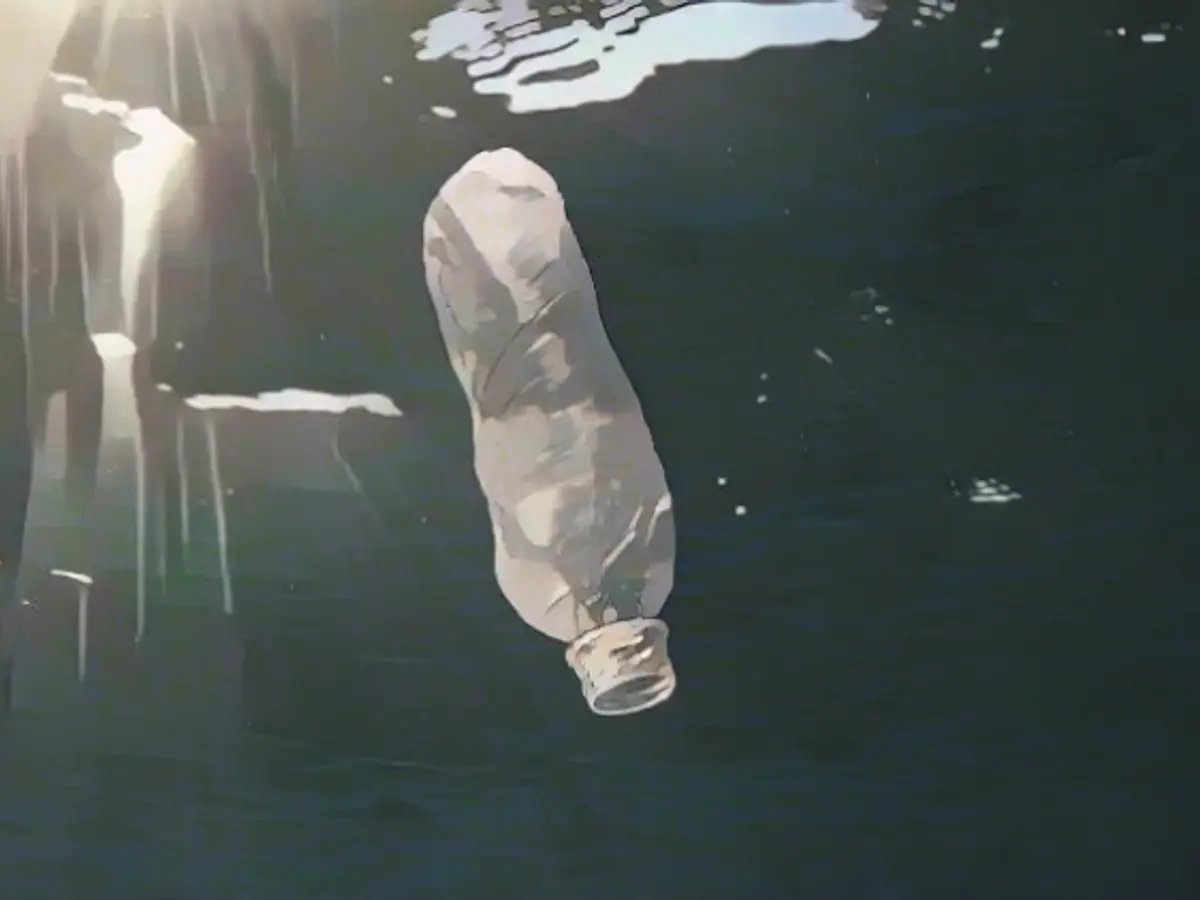Tackling the Plastic Pollution Crisis: Is a Global Solution Necessary?
Environmental concerns have once again taken center stage as world leaders, diplomats, and environmental activists gather in Nairobi to address the growing issue of plastic waste. Over 175 countries are participating in these discussions, aiming to create a binding international agreement to combat this environmental disaster.
This week, representatives from various fields gather to discuss a treaty aimed at preventing and controlling plastic pollution on a global scale. The Kenya Government, along with international bodies, emphasizes the urgent need for this action, as millions of tons of plastic waste end up in our rivers, lakes, and oceans each year.
Kenyan President William Ruto emphasized the gravity of the situation, stating that "the threat posed by plastic to our planet, our health, and our future is so great... we all must develop and implement a global instrument to help us neutralize the threat of plastic pollution." If no action is taken, the world is forecast to produce over 1 billion tons of plastic waste by 2060.
The harsh realities of plastic pollution are most apparent in Africa, a continent heavily impacted by this issue. Many African cities lack advanced waste disposal systems, causing rampant plastic waste accumulation and poor management. Factors such as poverty and limited access to clean water lead to increased plastic consumption.
Rwanda, a small African country, has taken drastic steps towards addressing the single-use plastic issue, implementing a zero-tolerance policy since 2008. Travelers from around the world must be vigilant of plastic bag possession at their airports, and there are tough penalties for those who disobey the laws, including fines and prison sentences.
Despite these individual efforts, the problem of plastic waste extends beyond national boundaries. Mafia-like structures now operate in East Africa, smuggling plastic bags across the continent, circumventing these regulations and demonstrating the need for a collective, global agreement.
As the world deliberates over the terms of this agreement, some voices argue for a voluntary commitment by governments, similar to the 2015 Paris Agreement. However, as debate continues, many hope for a long-term, globally binding agreement against single-use plastic.
- Despites Kenya's strict plastic waste regulations, organized crime structures have emerged in East Africa, illegally smuggling plastic bags across the continent.
- The global community is convening in Nairobi to draft an international agreement aimed at preventing and controlling plastic pollution, due to the increasing concern over the devastating environmental impact of plastic waste on Africa.
Sources: , , , ,





